Hello readers! I am so excited to bring you an author interview with a new author, Jonathan Faia (or at least, new to me!) Jonathan was kind enough to answer all of my questions and he has so much knowledge to offer. I think you will all enjoy reading about his journey as a published author and appreciate his tenacity and positive outlook. Jonathan’s book, Love Letters from Barstow is available as an eBook and in print.
I wish Jonathan nothing but the best going forward in his career and I hope you will all enjoy learning a bit more about him.
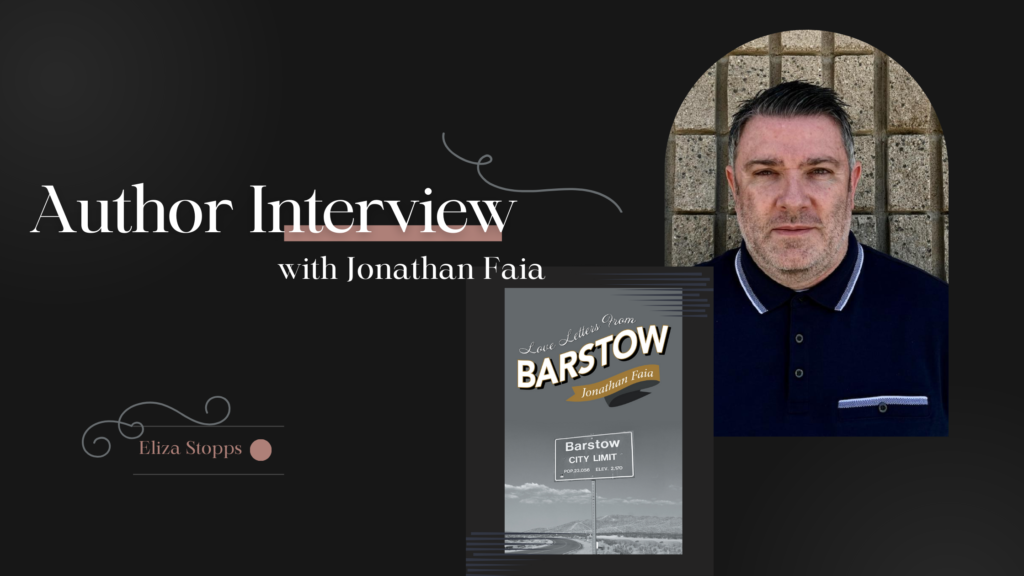
Eliza: Can you share a bit about the inspirations behind your books, “Wylde Serenity” and “Love Letters From Barstow”? What themes or experiences led you to write them?
Jonathan: First off, I want to say thank you for the opportunity to sit down and discuss writing and share a little about my books. Writing has always resonated with me since I was young so it was always a dream to create something that I could share with other people. Growing up, I always felt like I was on the outside looking in at things, so I had this built-in “outsider mentality.” As I got older that joined forces with my search for love and then my fascination with loss and you find the themes of my first two books, “Wylde Serenity” and “Love Letters From Barstow”. In my younger years, like many others, my personal life was all things complicated, tragic, and misguided all at the same time and it inspired me to start keeping a loose journal of feelings and ideas that later became the rock that supported my writing. In my heart, I wanted to create something that an outsider like me could connect with and say, “How does he know what I’m feeling.”
Eliza: Growing up in the 1990s and being part of “Generation X,” how do you think your formative years and the cultural landscape of that era have influenced your writing style and themes?
Jonathan: Coming of age in the 1990’s was the perfect era for me. It allowed me the freedom to search out ideas on my own and encouraged me to take a stand for what I believed in. Seeing the oversaturation of the 1980’s happening as a young person just made me feel like everything was replaceable, but as a teen and young adult, I began to understand what it meant to stand for something. “Gen X” often got the label as the generation that did not care, but I challenge that notion, because as a society we cared enough to say that we did not want to be told how to feel, what to do, or how to act. I think when we look back at history, “Gen X” really helped to usher in a lot to the social norms that we accept today. You combine the social revolution with the explosion of the arts that took place back then and it is hard not to feel good about what that generation attempted to accomplish. My writing takes direct influence from that. The same desperation that young people felt back then is the same perspective and resilience I still write with today.
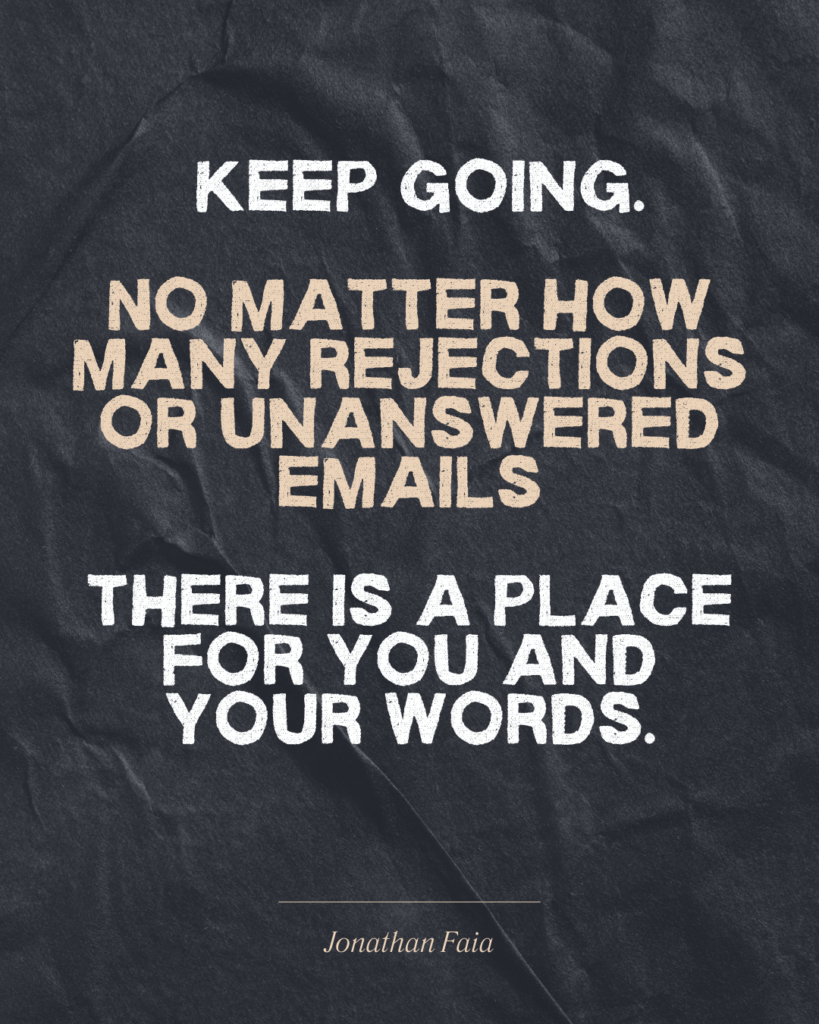
Eliza: Both of your books have received starred reviews from literary critics and industry publications. How do you handle both positive and critical feedback, and how does it impact your approach to future writing?
Jonathan: I handle feedback like anyone else, when it is good you feel amazing and when there is constructive criticism, I tend to take it a little harder. I knew going into writing that I wouldn’t resonate with everyone, but I held out hope. Nowadays I try not to get too high when the praise comes and try not to get too low with the criticism. I am not going to lie, it’s hard, but necessary. I really try to put myself in the position of the reader to flush out ideas or themes that others can relate to in my writing. There is never a harsher critic than myself, so I have that going for me. As I move from project to project, I keep the reader in mind, but never discard an idea completely. I have boxes of ideas and writing samples and just because something may not be right for this project, does not mean it is not perfect for the next.
Eliza: I personally love libraries and almost feel like they raised me. You also spent a lot of time in libraries growing up. How have libraries played a role in shaping your love for literature and writing?
Jonathan: It’s funny we have that in common. Growing up, my house was empty most of the time. I spent a lot of time with friends and in between neighborhood adventures I found the beauty of the public library. I started reading at an early age and we had a local librarian come to our elementary school to discuss all the remarkable things offered at the library. From there I began riding my bike to the Fullerton Public Library to spend afternoons and weekends. I loved everything about that place. There was the mystery of the card catalog (something your readers may not remember), finding your latest favorite on the shelves, the magazine section, and even old newspapers where I could learn more about my hometown history. As I grew older and was able to drive, I learned to love late night study sessions at the Buena Park Library. Sitting at their second-floor study desks shaped my adolescence. As I wrote in my latest book, “Love Letters From Barstow” in the dedication, “Thank you to the public library, for without you I couldn’t be a storyteller, I’d still just be a dreamer.” Spending my time in the library allowed me to be influenced by works my friends had never heard of and I wouldn’t have traded it for anything. It may seem outdated to say now but the library can transport you to places you never dreamed of.
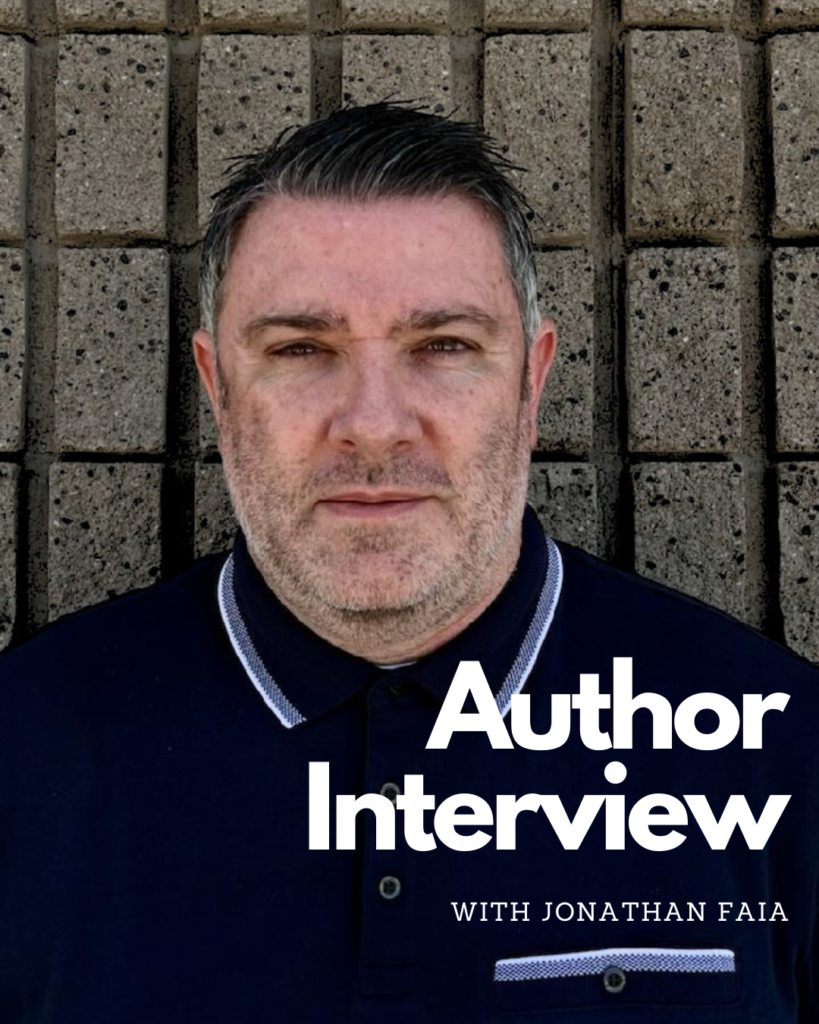
Eliza: You mention your “utter infatuation for Beat Poetry.” How has this genre influenced your work, and are there specific Beat poets or works that have had a profound impact on your writing?
Jonathan: I fell in love with On The Road when I was in high school. Jack Kerouac was my gateway to really writing poetry. His timing and the rhythm of his words really touched me. The idea of a young man finding himself in the world just spoke to me. I fell in love with everything about the Beat Movement, the music, the counterculture, it was just a time where creative people were allowed to be creative. It was a time where not everything creative had to resonate with everyone. It was okay to be different. Beat Poetry is really jazz music put into words. The time signatures are complicated but there is a primal instinct to what’s being said. When people ask me what’s a good starting point it’s always with Kerouac, but for those who have shorter attention spans or people who are unsure of what they’re getting into, I always recommend reading Allen Ginsberg’s America. The first line is an absolute hook, “America, I’ve given you all and now I’m nothing.” The desperation just grabs you along with the satirical look at the idea of the American dream.
Eliza: Being a writer native to Southern California, how has the region and its cultural atmosphere found its way into your poetry? Are there specific elements of Southern California life that you find particularly inspiring or challenging to incorporate into your work?
Jonathan: Growing up in Southern California has allowed me to have a wide array of influences both literary and in life. I’ve been able to immerse myself in other cultures and have a window into lives that weren’t like mine. I think that has given me the perspective I need to be an honest writer. My experience lets me write from a wide perspective that anyone can relate to. Actually, there are a few poems in my latest book that derive their names from cities here in the L.A. area. For me though, Bukowski was the epitome of an L.A. writer. He wrote about his everyday life in the city, and if you were a local you could map out his typical day from day drinking downtown to an afternoon at the horse track. Not only was Bukowski L.A., but he was also honest in his writing. Though mostly biographical, he was always honest warts and all.
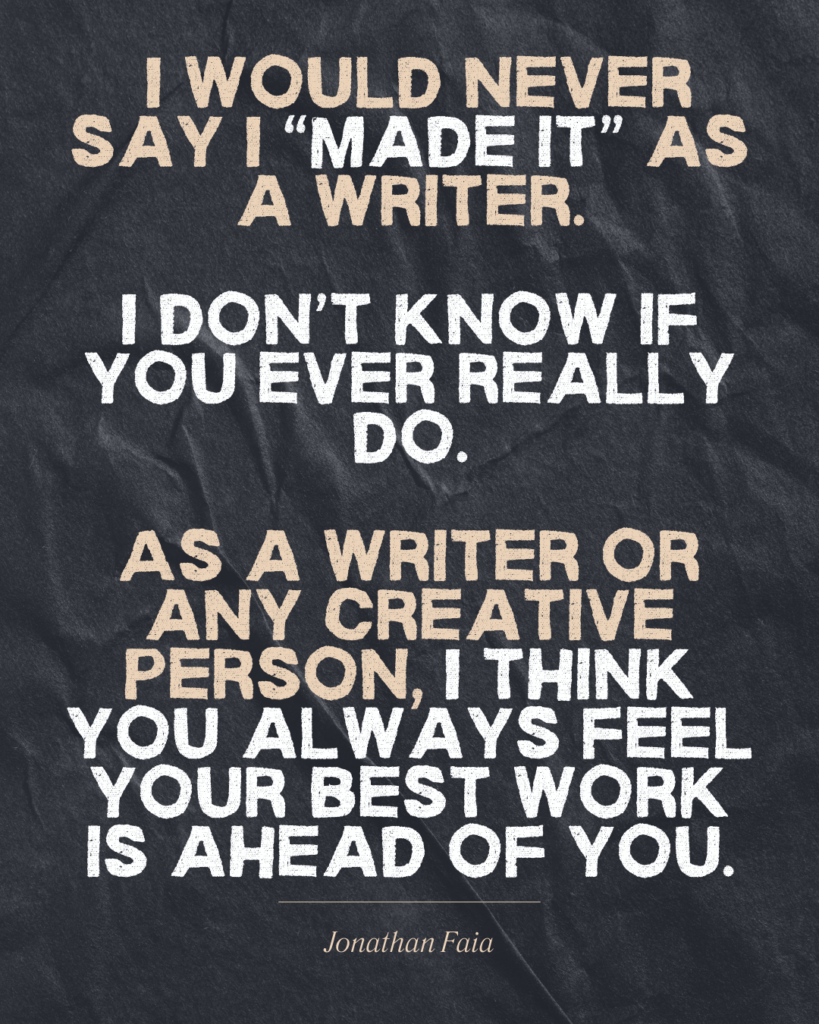
Eliza: Is it harder to “make it” as a writer in Southern California? I imagine there are more opportunities because there is such a robust literary community there, but also more competition.
Jonathan: I would never say I “made it” as a writer. I don’t know if you ever really do. As a writer or any creative person, I think you always feel your best work is ahead of you. That being said, I think you can be creative anywhere, but if you want to be creative in terms of volume of opportunities L.A. or New York is probably your best bet, but the competition is fierce. I will say that this is a great place to surround yourself with creativity though, whether that’s at an open mic night in Hollywood or your neighborhood coffee spot. There are opportunities here, but you have to go out and get them. Living in L.A. only sets the scenery, it’s up to the artist to break through.
Eliza: Your description mentions that your work “encompasses despair, angst, and even flirtations with death.” How do you navigate these intense themes, and what do you hope readers take away from the emotional journey your poetry offers?
Jonathan: Even in the darkest of words or themes I always want the reader to take home hope. I haven’t always been the most optimistic person in life, but deep down I always held out hope, even in my darkest moments. I think if you really read my work that theme really shines through. Hope in something can be a lifesaver and sometimes that’s all you have.
Eliza: You have mentioned that you love local independent booksellers. Have you been able to have your books featured there or do any author signings?
Jonathan: Speaking of hope, local independent booksellers really provide that. I’ve been lucky enough to partner with some local booksellers and I couldn’t be more complimentary about the process or the positive feeling I had after the event. There’s just a special feeling as you walk the aisles at a local store, everything from the smell to the recommendations that are sure to follow, it’s a feeling of community. Almost a feeling like home.
Eliza: In addition to your poetry, you write freelance articles and conduct interviews for online publications. How does this journalistic aspect of your writing complement or contrast with your work as a poet?
Jonathan: I really love both. I’ve had some ties to the music industry over the years, so I’ve been lucky to interview some really creative people. I love the research that goes into preparing for an interview and sitting down and getting to know someone. I’ve also done some traditional journalism and those stories are great to keep me writing, but sometimes it feels like they’re not my stories to tell so they can become more transactional. Poetry touches my soul, but anything I can do to keep writing I’m in; period.
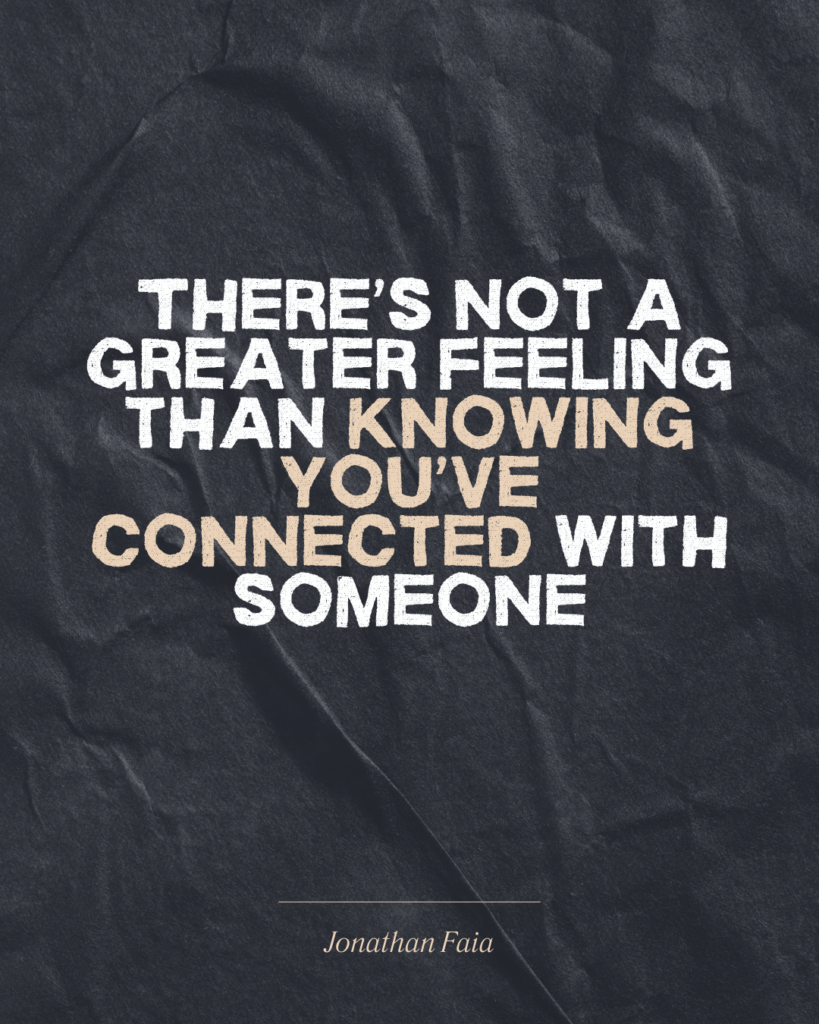
Eliza: Can you share any advice for aspiring poets and authors?
Jonathan: I love talking with aspiring writers. One of the highlights of all this is being able to share my journey and my thoughts on writing. I’ve had the chance to speak at several local library events for aspiring writers and I’m always in awe of creativity and drive. I’d like to share the type of advice I wish someone would have given to me during my career. The main theme is keep going. No matter how many rejections or unanswered emails there is a place for you and your words. There are so many outlets now and ways to connect with readers, you just have to find your comfortable place. Social media has such a reach now it opens up your reach globally and all it takes is a few clicks. One last thing I’d like to leave aspiring writers with is do anything you can to share your words out loud. Find your local open mic nights, poetry readings or book clubs and share what’s in your heart. There’s not a greater feeling than knowing you’ve connected with someone and if your words aren’t heard you might not be the only one to miss out.
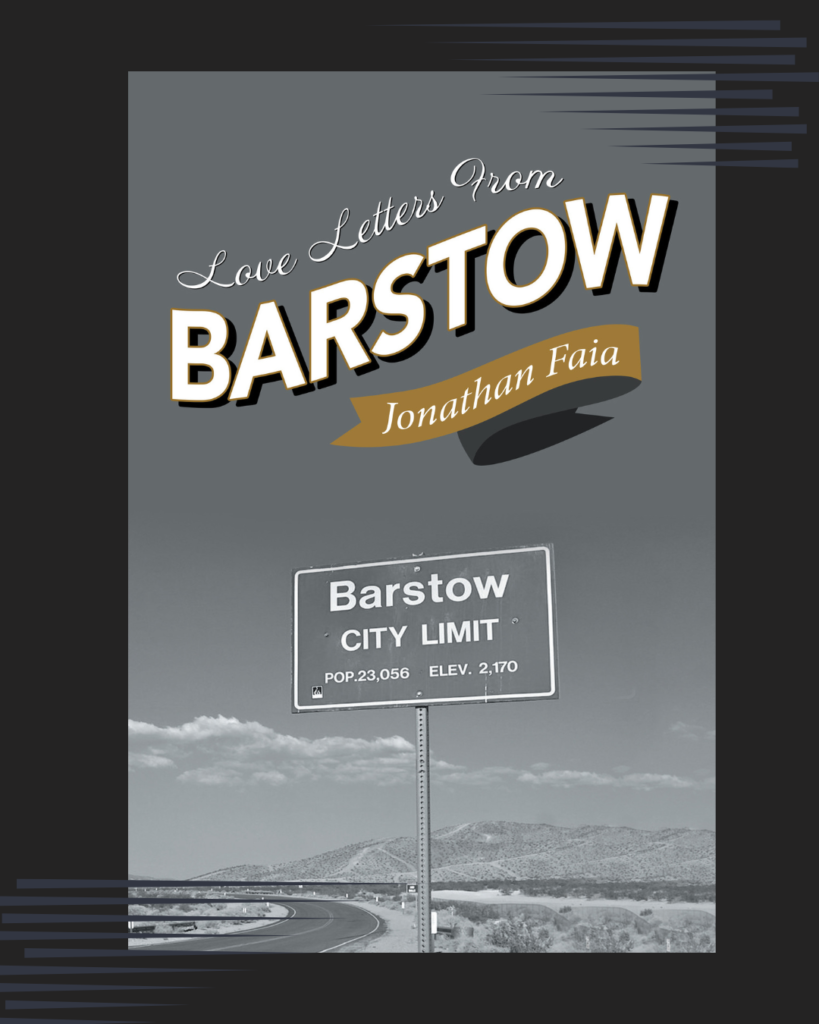
Love Letters from Barstow is Available Now on Amazon.
You can find more information about Jonathan Faia and his books at: LoveLettersFromBarstow.com or follow him on social media:
https://www.instagram.com/jon.faia/
https://www.facebook.com/jonfaiaauthor
https://www.goodreads.com/author/show/6467795.Jonathan_Faia


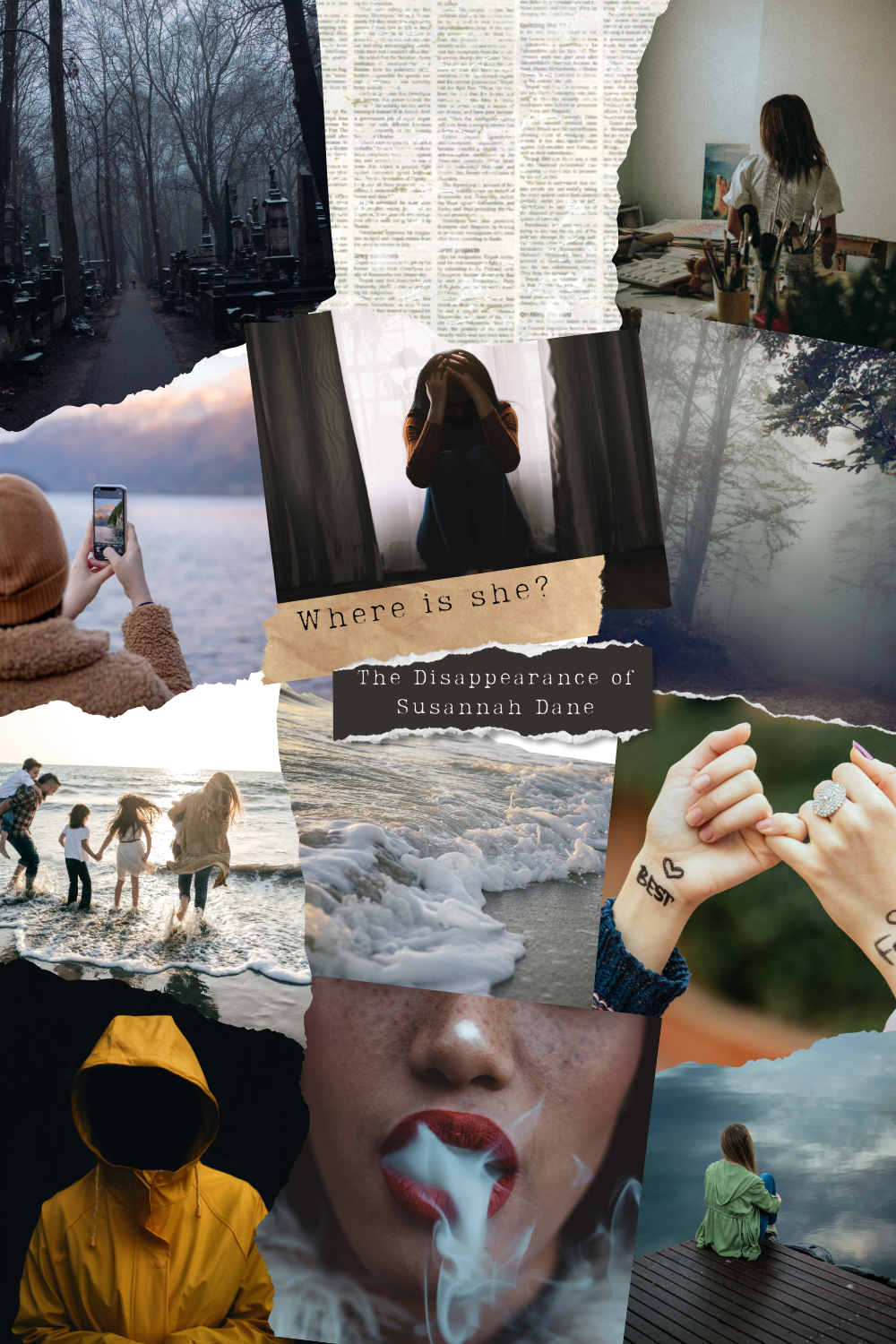
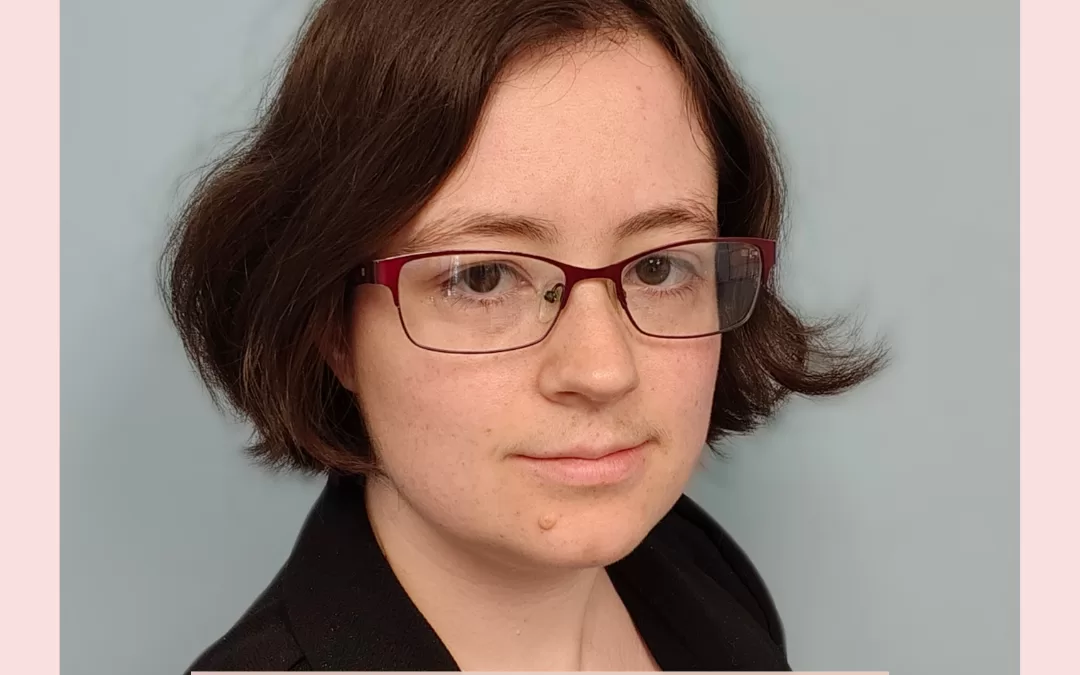
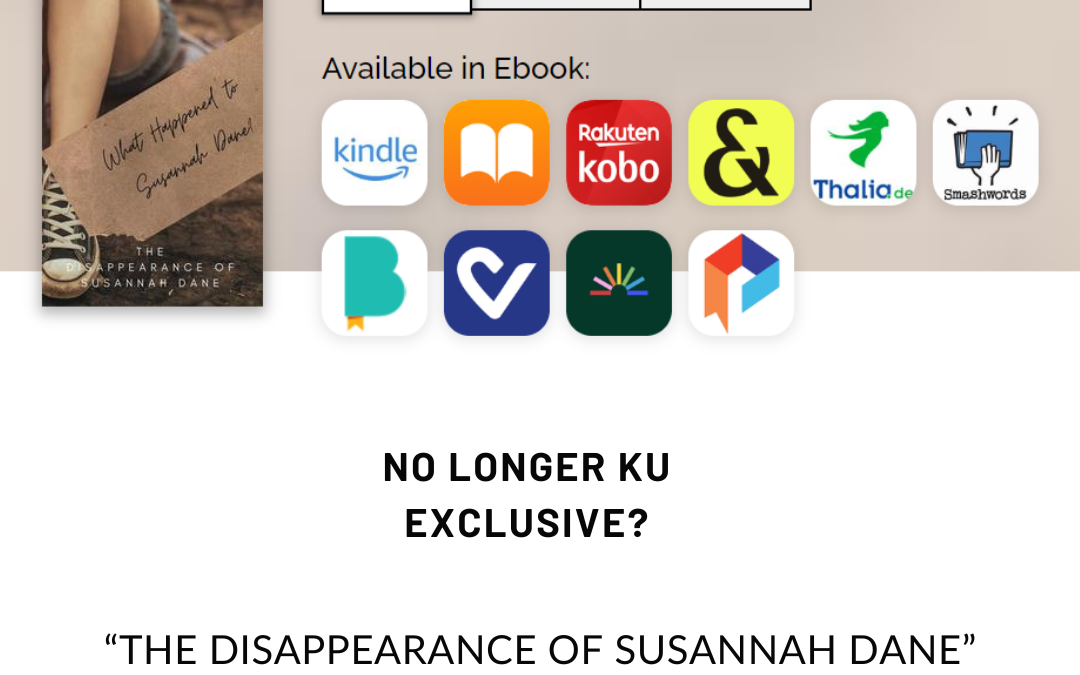
0 Comments